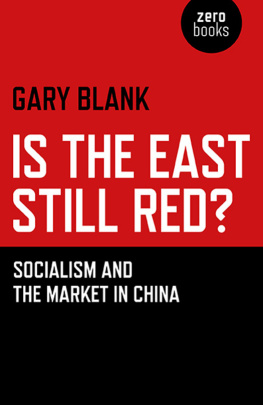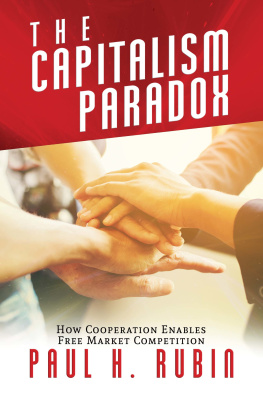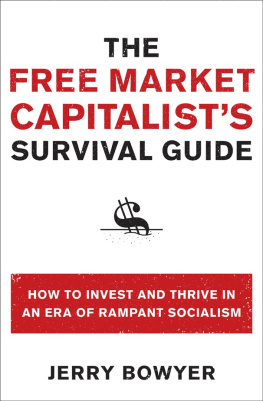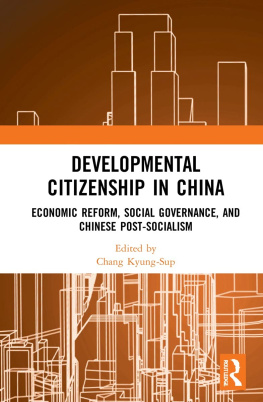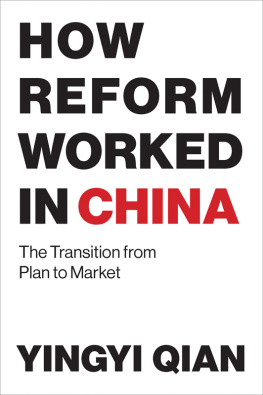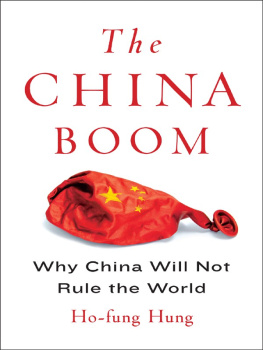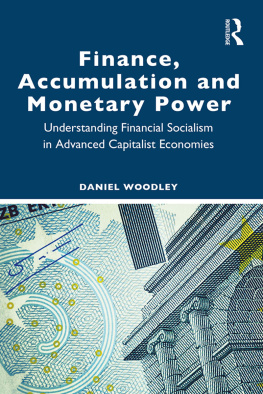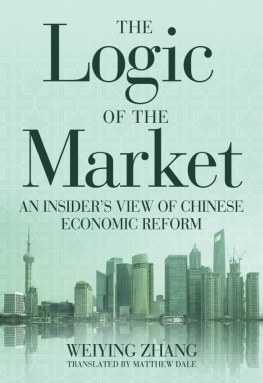First published by Zero Books, 2015
Zero Books is an imprint of John Hunt Publishing Ltd., Laurel House, Station Approach,
Alresford, Hants, SO24 9JH, UK
www.johnhuntpublishing.com
www.zero-books.net
For distributor details and how to order please visit the Ordering section on our website.
Text copyright: Gary Blank 2014
ISBN: 978 1 78099 757 5
All rights reserved. Except for brief quotations in critical articles or reviews, no part of this book may be reproduced in any manner without prior written permission from the publishers.
The rights of Gary Blank as author have been asserted in accordance with the Copyright,
Designs and Patents Act 1988.
A CIP catalogue record for this book is available from the British Library.
Design: Stuart Davies
Printed and bound by CPI Group (UK) Ltd, Croydon, CR0 4YY
We operate a distinctive and ethical publishing philosophy in all areas of our business, from our global network of authors to production and worldwide distribution.
CONTENTS
Dedicated to Janina RowbickiBabcia
Acknowledgements
In researching, writing, and revising this book, I gained sustenance and encouragement from many quarters. The first to be thanked are members of my family, especially my parents Rick Blank and Sandra Gryziak, who have always provided unflagging support and enthusiasm for my academic and political activities even when they werent convinced of all the particulars. My sister, Kelly, offered encouraging words and infectious optimism when my own spirits flagged; and my brother, Sean, graciously agreed to read an earlier draft of the text at a particularly frenetic moment. My grandmother, Janina, generously opened up her home during summer months, providing unrivalled hospitality and companionship which more than offset the lonely solitude of research and writing. I am deeply grateful to them all for their love and support.
The primary concern of this book is the political economy of state socialism and capitalist market reform, and I was fortunate to be associated with two rather different communities who also shared this concern. The first are those Ive known on the far left in Canada and the UK, mostly Trotskyists, who rightly argue that China has not simply restored capitalism but wrongly insist that the country is some form of workers state. Although I eventually rejected this dogma, I benefited greatly from the inquisitive, informed, and serious way in which these comrades engaged with the question. Many of them may not be persuaded by my arguments, but they should recognize a shared set of political and intellectual concerns.
The second community are students and faculty at the Department of Political Science at York University in Toronto, where I conducted the bulk of the work for this book while studying as a graduate student. The Department is one of the most vibrant, exciting and challenging places of its kind, with generous faculty members who do not shy away from demanding innovative, high quality work. Three deserve special recognition and thanks here: George Comninel, who introduced me to the historical materialist perspective that is so central to this book; and Hannes Lacher and Greg Albo, who supervised my early writing on the subject with immense patience, interest, and intellectual guidance. Of course, final responsibility for any factual errors and particularities of interpretation rest with me alone.
Finally, I owe special thanks and gratitude to my partner Christine Whyte. She consistently provided enthusiasm, inspiration and assistance throughout the project, even as my plaintive promises of needing just one more day/afternoon/ hour to finish wore increasingly thin.
Chapter One
Introduction: Whither Chinese Socialism?
If the twentieth century was dominated, more than by any other single event, by the trajectory of the Russian Revolution, the twenty-first will be shaped by the outcome of the Chinese Revolution.
Perry Anderson
The Revolution is dead. Long live the Revolution!
Minqi Li
With the sputtering and eventual collapse of actually existing socialism in the Soviet Union and Eastern Europe, an intense debate emerged within the left regarding the viability of alternatives to capitalism. For those who maintained that the failures of state socialism stemmed from centralized planning rather than collective ownership of the means of production, Chinese reforms in the early 1990s seemed to offer the prospect of a third way: market socialism. The debate began to wane at the turn of the century, however, as ever fewer observers could detect any trace of socialism in a country that was instituting massive privatization of state industry and acceding to hundreds of free market conditionalities in order to join the World Trade Organization (WTO).
This book assesses Chinas status and potential as a non-capitalist developmental model through a close and critical examination of China and Socialism and Adam Smith in Beijing, informed by the authors wider body of work, the contributions that have emerged in response, and some of the more pertinent empirical work generated by Sinologists and Asianists. It maintains that both analyses bring us only part of the way to a sufficient and comprehensive understanding of the contemporary political economy of the Peoples Republic of China (PRC). The analytical contradiction between the two works reflects real contradictions that have characterized the market reform process. Taken separately, each work only illuminates one side of this process; but considered together they begin to form the basis for an alternative historical materialist reading of the market socialist experience.
This is not to suggest that both contributions are of equal coherence and validity. Hart-Landsberg and Burketts unapologetic Marxism provides a persuasive analytical framework for understanding the contradictory dynamics of market socialism, the intensifying exploitation and alienation of Chinese workers, and the dire need for a much deeper alternative than the Chinese Communist Party (CCP) leaders in Beijing have ever envisaged. For these reasons much of the Left has embraced their work as conclusive. Adam Smith in Beijing, while often admirable in scope and ambition, is too theoretically eclectic, empirically selective, and politically wishful to stand on its own as a definitive contribution, even among those who share Arrighis sympathies. But the value of Arrighis contribution lies not in the broad sweep of his analysis but rather in his agenda of concern. In asking fundamental questions about what makes a market specifically capitalist, drawing attention to the historical pedigree of non-capitalist market societies, and pointing to the enduring significance of accumulation without dispossession in contemporary China, Arrighi has drawn attention to theoretical and empirical issues that tend to be neglected in Marxist treatments, which generally rely on abstract models of capital accumulation. Thus, while Arrighi hardly upends the Marxist critique of Chinese market socialism, he does invite a reconsideration of its assumptions, a sharpening of its theoretical approach, and a widening of its empirical ambit.
Chinas political economy cannot be understood without the conventional Marxist categories of primitive accumulation, class exploitation, and surplus extraction; but neither can it be comprehended without serious attention to its non-capitalist social forms, especially state industry and collectivized land. The central contention of this book is that the Chinese developmental experience of the past 20 years exhibits many of the central hallmarks of a transition toward capitalism. In this respect, a stable and durable market socialism, or non-capitalist market society, is truly illusory. Yet this transition is not complete and is subject to serious contention by workers, peasants, and sections of the ruling stratum (CCP officials and enterprise managers) that reproduce themselves in non-capitalist ways. It is in this sense that China remains a transitional society whose future class character is not yet determined. Tracing this

